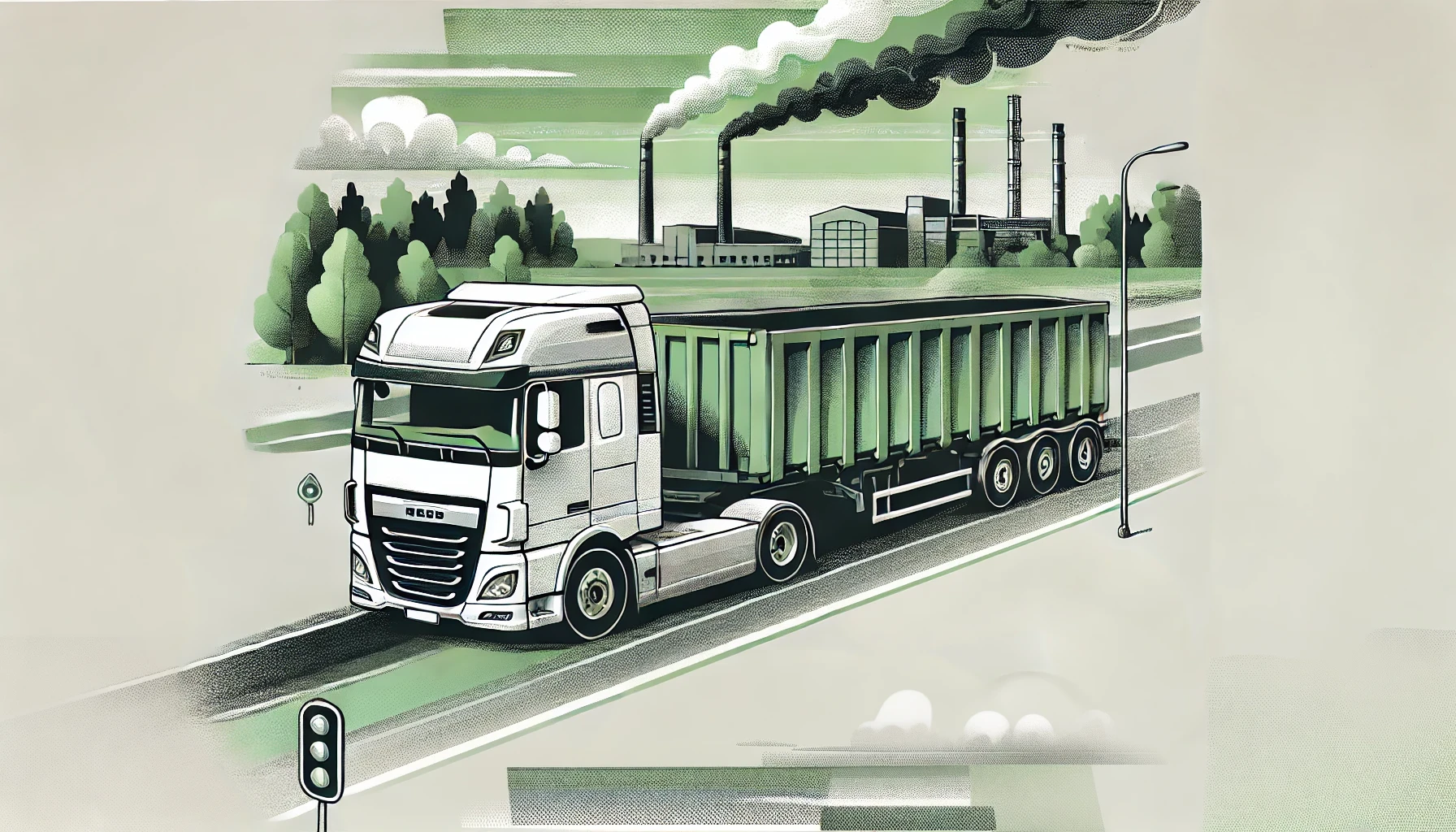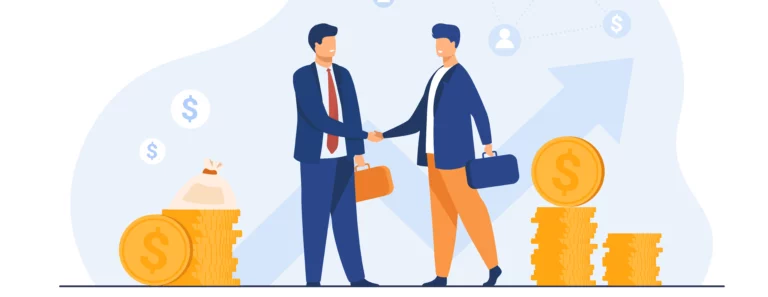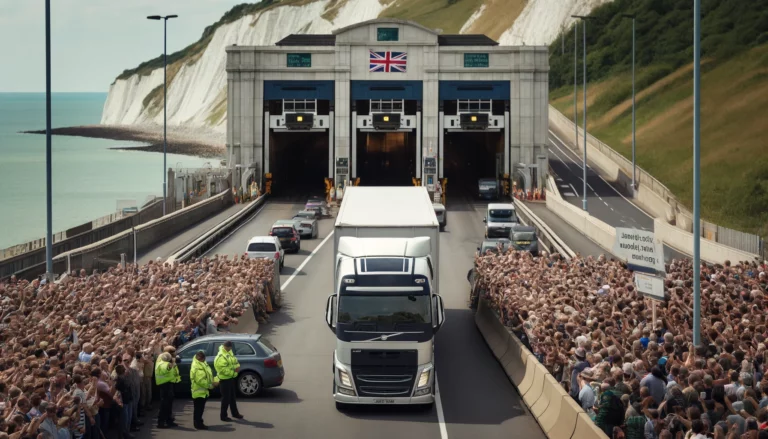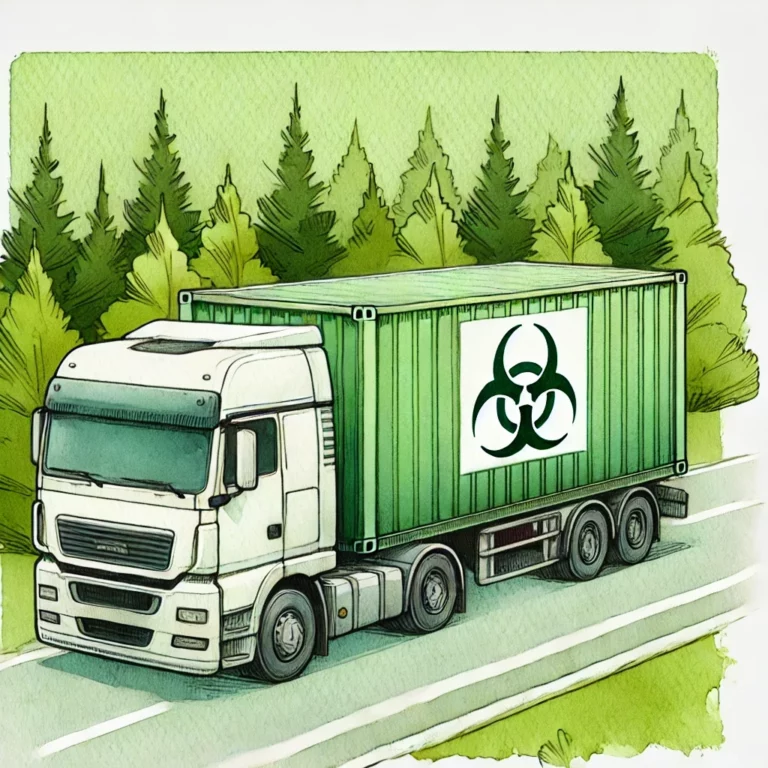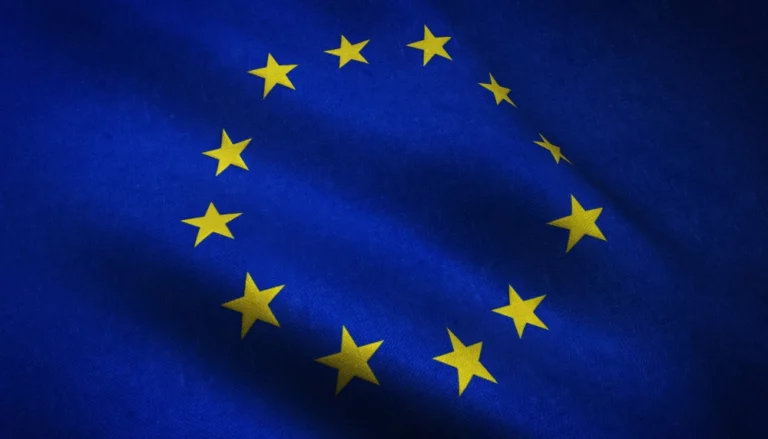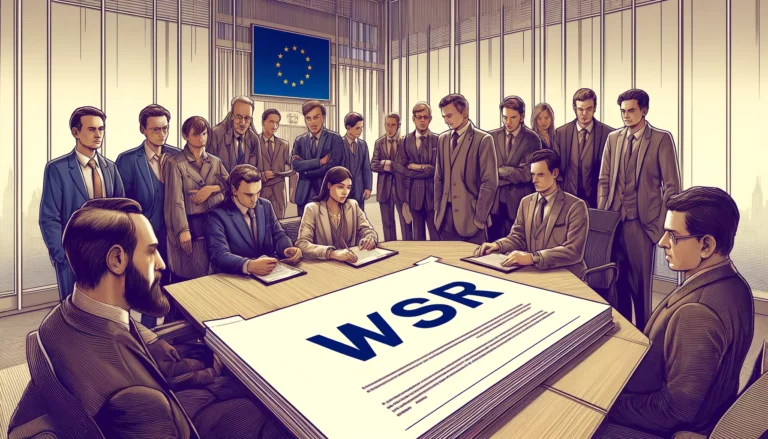Waste transport from Lithuania: Why is Poland the preferred destination?
According to the Statistical Portal, citing data from the Chief Inspectorate of Environmental Protection, 56 permits were issued in 2021 for the import of waste into Poland from EU countries. Almost 15% of these were permits for Lithuanian companies. This is not insignificant, as Poland has better recycling facilities and is able to process more types of waste.
Contact for waste transport permits:
e.nadolna@ekologistyka24.pl , +48 881 045 376
j.blazewicz@ekologistyka24.pl , +48 500 867 153
The transport of waste between Lithuania and Poland is an element of economic cooperation due to differences in infrastructure and costs of waste treatment. As members of the European Union, both countries are subject to common regulations on transboundary waste shipments, which allows for optimal use of resources and infrastructure for waste management.
Transport of waste from Lithuania to Poland - what comes to us most often and why?
The most commonly transported waste from Lithuania to Poland is industrial waste, certain types of hazardous waste, and recycled waste such as plastics and metals. There are several reasons for this:
- Developed infrastructure in Poland:
Poland has a larger number of specialised waste treatment and disposal facilities. This includes waste incineration plants, recycling plants, as well as landfills that meet European standards. Although Lithuania has recently invested a lot in the development of waste treatment infrastructure, it still has a long way to go to meet local requirements. - Lower operating costs:
Compared to Lithuania and other EU countries, waste treatment costs in Poland are competitive. For Lithuanian companies, especially those dealing with industrial waste management, Poland is an attractive location for waste management. - Geographical proximity:
The short distances between Lithuania and Poland reduce transport costs, which further encourages cooperation in this area.
According to data published on the Official Statistics Portal In 2018, Poland was one of the three countries with which Lithuania was most likely to do business. At that time, the value of exported goods was valued at more than €2.3 billion. Waste constituted One such commodity was used batteries. In terms of their treatment, Lithuania has some recycling capacity, but not all types of batteries can be managed. Therefore, many of them are exported to other EU countries, including Poland. Which batteries are we talking about?
Typical types of batteries and accumulators that can be exported for recycling are:
- Lithium-ion batteries: Used in electronic devices such as mobile phones, laptops and power tools.
- Lead-acid batteries: Commonly used in vehicles as starter batteries.
- Nickel-cadmium and nickel-metal-hydride batteries: Used in various electronic devices and household appliances.
- Alkaline and zinc-carbon batteries: Typical disposable batteries used in domestic appliances.
Transport of waste from Lithuania and new European Union regulations
17 September 2023 Regulation 2023/1542 entered into force on batteries and waste batteries. On its basis, by the end of December 2027 63% used batteries must be collected and by the end of December 2030, their collection level of 71% should be achieved.
Sorting plays a key role in helping Lithuanians achieve these goals. The proper disposal of used batteries and accumulators is also important. This is because when they end up in inappropriate containers and come into contact with other waste, they will decompose and emit hazardous substances. As a result, they can change the chemical composition of the soil, harm plant foliage and damage the skin of animals. Heavy metals can also permeate from the environment into plants, into water bodies and then end up in the bodies of animals and humans. Once they enter the human body, they can cause irreversible damage.
After appropriate selection, part of the batteries, as we mentioned at the beginning, will be recycled at local facilities. In turn, some will be delivered to installations abroad. This is where the following will prove crucial waste transport permits in Poland or in another countrywhere recycling is more efficient or cost-effective.
A Lithuanian haulier wishing to deliver waste to Poland must also bear in mind new obligations concerning the SENT platform. It requires the registration of the foreign transport company and the notification of each waste shipment. And this does not only apply to battery waste shipments, but to any type of waste. Unfortunately, at the moment this platform is only available in Polish and English. This will present quite an obstacle for a transporter who does not have either of these languages at his disposal.
Ecologistics24 helps with permitting
Whether you are travelling with waste from Lithuania to Poland, or going from Poland to Lithuania, you need a waste transport permit. And if your planned transport also includes other European Union countries, it is almost certain that you will need the relevant permit in these countries as well. Our experience in this field will ensure that you obtain all the necessary permits quickly, smoothly and with minimal effort on your part. Don't wait, contact us.

